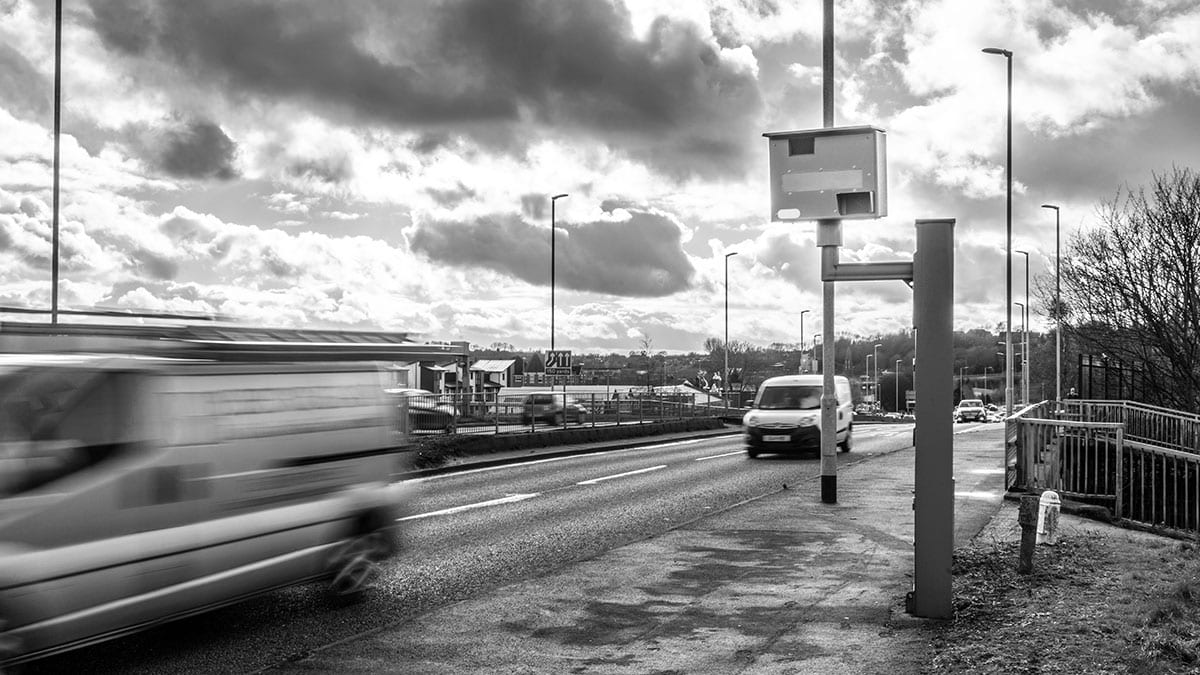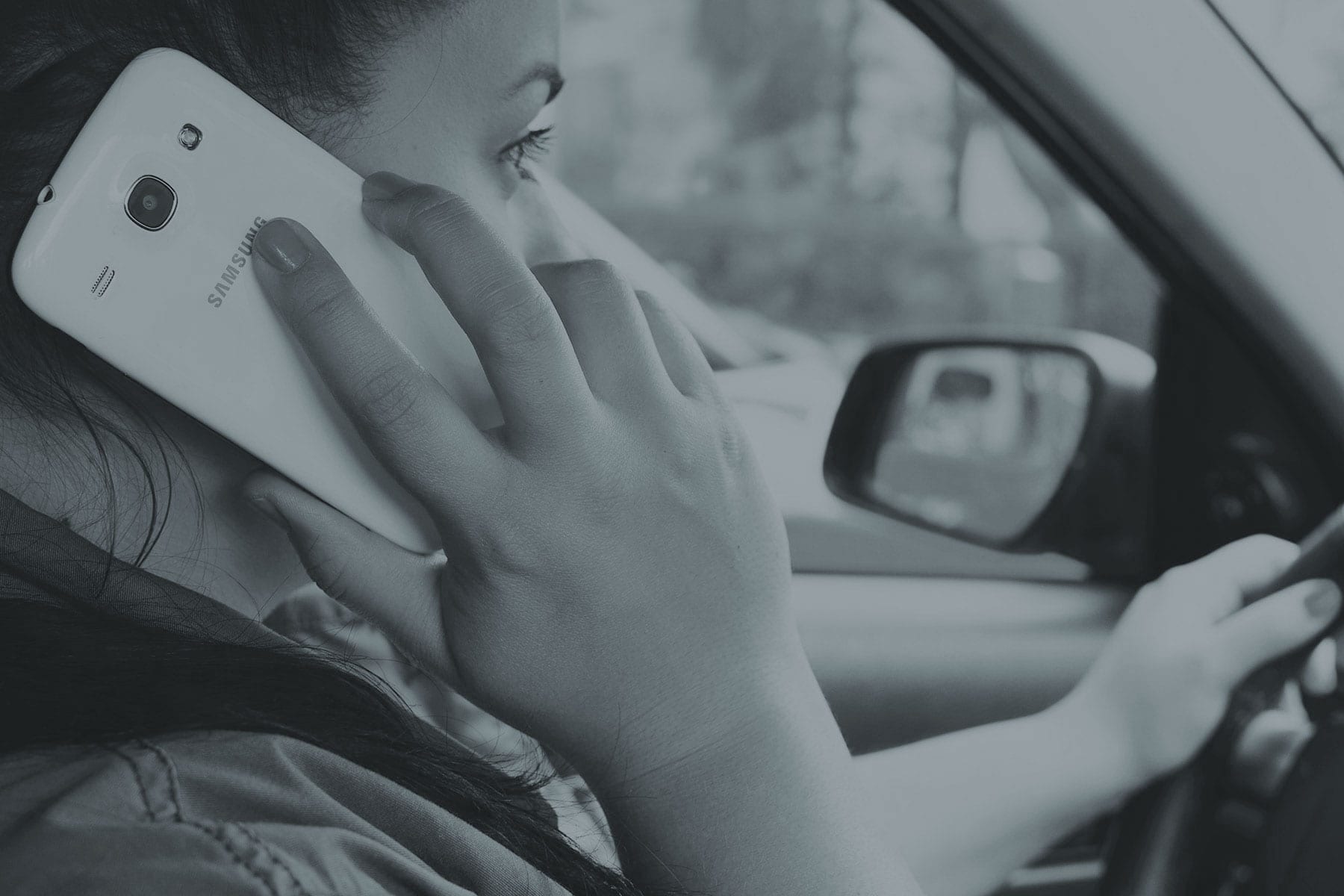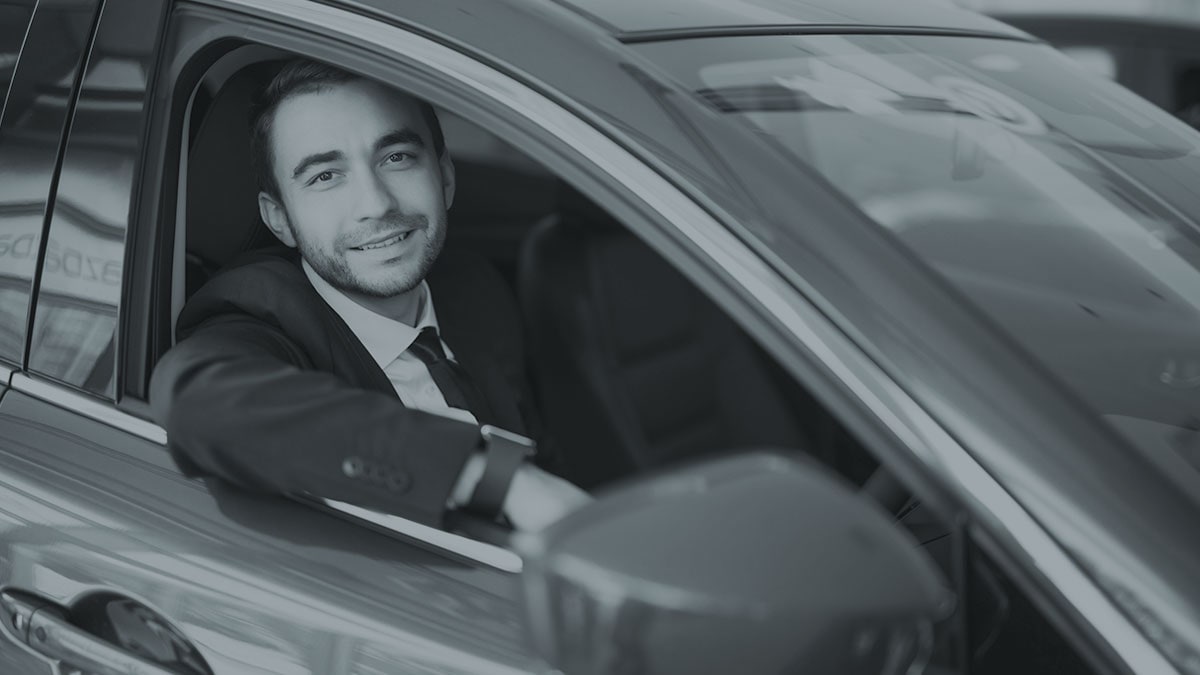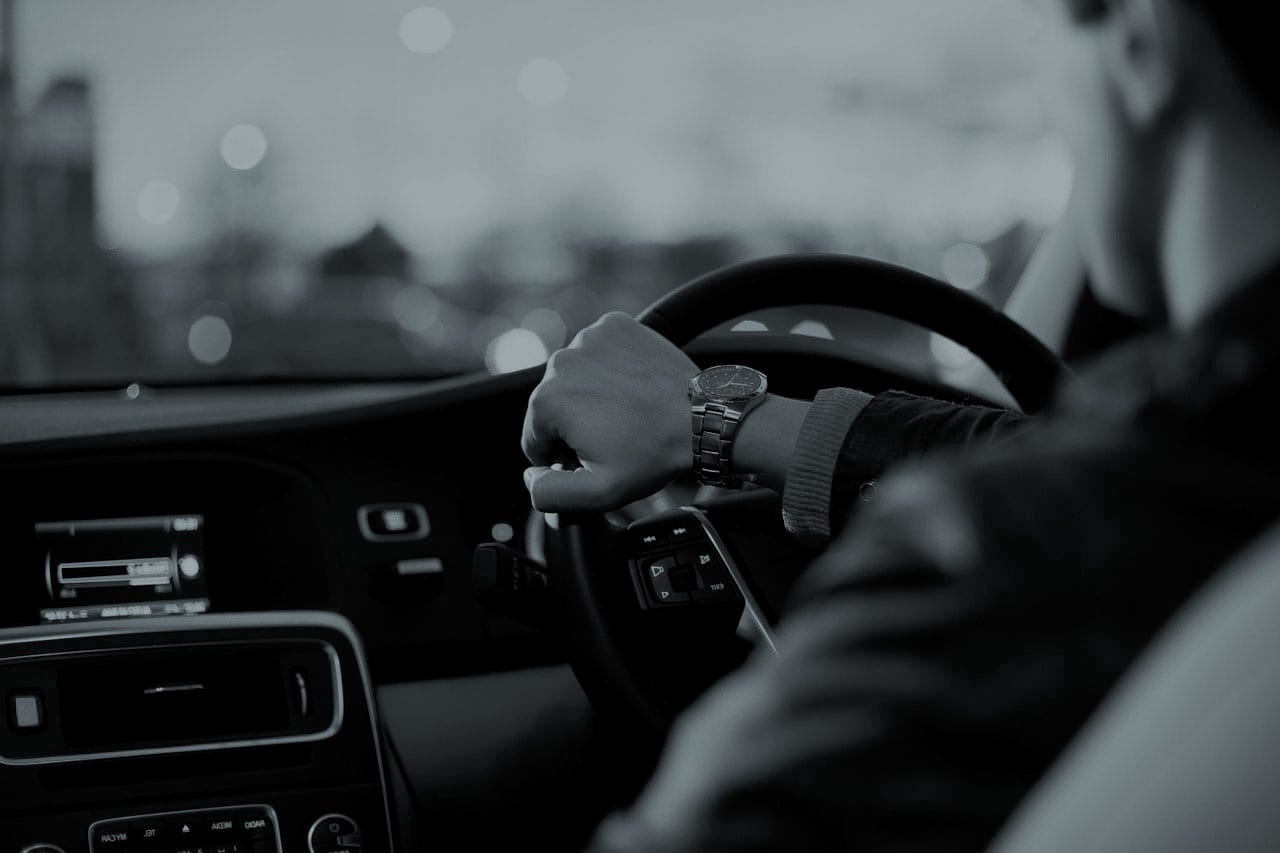Exceptional hardship is a defence available to those who have amassed 12 licence points through the Totting Up process.
Totting up
Totting up occurs where drivers reach 9 licence points, and are then convicted of a further offence which carries a penalty of 3 penalty points or more.
Drivers who Tot up, face a mandatory 6 month driving ban.
What is exceptional hardship?
Exceptional hardship offers motorists who rely on driving to survive a way to avoid a ban.
In certain cases, if you can prove that an inability to drive will lead to extreme suffering, judges may show leniency and agree to allow you to keep driving.
This defence only applies to motorists who have been banned as a result of Totting Up. You cannot claim exceptional hardship if you have received a mandatory ban for a single offence such as drink or drug driving or dangerous driving.
What might constitute exceptional hardship
There is no set definition for exceptional hardship and whether or not an exceptional hardship defence will be accepted is at the discretion of the magistrate who hears the case.
It is not enough to show that not being able to drive will cause suffering. The suffering caused by the driving ban must be proven to be exceptional.
Usually this means demonstrating how not being able to drive will have a drastic and wide reaching negative impact on the driver and other people in their life.
Examples of exceptional hardship
Loss of employment. It may not be enough to show that not being to drive will mean you can no longer work. Often successful exceptional hardship defences demonstrate that a person’s loss of employment will dramatically impact the living standards of the offender those they care for and support financially.
Caring for elderly or disabled relatives. If you care for relatives and can prove that you not being to drive would drastically impact their quality of life, this might be grounds for a successful exceptional hardship defence.
Impact on the employment of others. If you own a business and you not being able to drive would impact the livelihoods and quality of life of your employees, a judge may chose not to impose a ban.
What might happen as a result of this defence?
After hearing an exceptional hardship defence, a magistrate can do one of three things.
They can chose to uphold the full minimum disqualification of 6 months for totting up.
They could chose to impose a shorter ban than the statutory minimum. Or, they could chose not to impose a ban at all.
Speak to an expert motoring lawyer
A driving ban can have a huge impact on quality of life for you and those who depend on you.
Often a driving ban can create exceptional hardship for families if imposed. Courts are sympathetic in these cases however they will only reduce sentences in cases where the ban would causes excessive suffering.
It is therefore vital that the argument put before the court is well constructed and compelling, highlighting the key reasons why you meet the exceptional hardship criteria.
At Ashman’s Motoring Lawyers we specialise in exceptional hardship defences. Speak to a member of the team today and we may be able to keep you on the road.
Call now for a free initial consultation on 03330 096 275.



